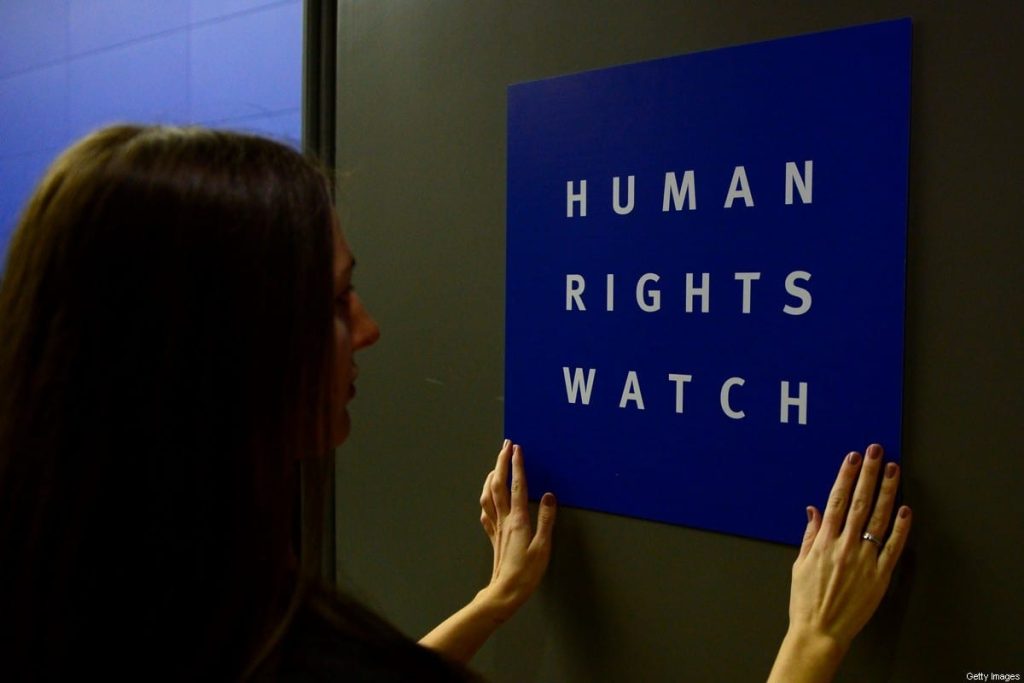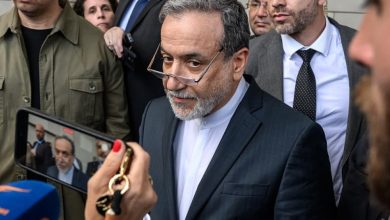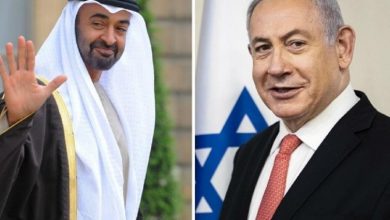Human Rights Watch condemns the UAE’s record of unjust trials and torture
International Community Expresses Alarm Over Potential Unfair Trials and Torture Risks.

Watan–Human Rights Watch, the international human rights organization, stated that verbal assurances of fair treatment cannot match the UAE’s record of unjust trials, torture, and severe mistreatment.
This comment was made in the context of the organization’s response to the deportation by the Lebanese government on January 8, 2025, of Abdulrahman Yusuf Al-Qaradawi, a poet holding both Egyptian and Turkish nationalities, to the UAE. In the UAE, he is almost certain to face an unjust trial and a real danger of experiencing further violations, including torture.
Mohamed Sablouh, Al-Qaradawi’s lawyer, told Human Rights Watch that Lebanese authorities arrested Al-Qaradawi on December 28, 2024, at the Al-Masna’a border crossing upon his return from Syria, based on an arrest warrant issued against him in Egypt.
Sablouh mentioned that another arrest request was issued on December 30 by the UAE. The Lebanese government stated in its decision that the UAE requested the return of Al-Qaradawi on January 2, based on charges including spreading false news and rumors and disrupting public order.
Sablouh explained that the UAE’s arrest request was due to a post Al-Qaradawi made on social media platforms during his visit to Syria. Human Rights Watch reviewed the specific post and found that it does not constitute any crime recognized under international law.

Ramzi Kays, a Lebanon researcher at Human Rights Watch, said, “The arbitrary deportation of a poet to the UAE merely for peaceful criticism on social media platforms severely undermines the rule of law in Lebanon.”
He added that the decision to deport someone for criticizing another government sends a message that Lebanese authorities will tolerate all forms of violations in their flattery of powerful Gulf states, even without any evidence of committing a crime.
Al-Qaradawi is not a UAE citizen and was not in the UAE when he allegedly committed any of the crimes he is accused of. Sablouh stated that he appealed the government’s deportation decision before the “State Consultative Council,” Lebanon’s highest administrative court, on January 8, one day after the government announced its decision to deport Al-Qaradawi.
However, the Lebanese government did not wait for the court to consider the appeal and proceeded to deport Al-Qaradawi on January 8.
Sablouh said that Al-Qaradawi visited Syria after the ousting of former President Bashar al-Assad. During his stay in Syria, he posted a video from inside the Umayyad Mosque in Damascus, in which he criticized the governments of Egypt, the UAE, and Saudi Arabia.
He added that Egypt sent a separate arrest request based on a three-year prison sentence issued in absentia against Al-Qaradawi for “spreading false news” and “insulting judicial authorities.”
On January 3, Sablouh sent a letter to the Public Prosecutor’s Office requesting that the government be advised not to extradite Al-Qaradawi to the UAE or Egypt, explaining the severe violations Al-Qaradawi might face in both countries.
On the same day, the government’s decision stated that the Public Prosecutor had recommended accepting the extradition request. On January 7, seventeen Lebanese and international human rights organizations, including Human Rights Watch, sent a letter to the Lebanese government urging officials to reject both the Egyptian and UAE extradition requests.
Human Rights Watch stated that deporting Al-Qaradawi to the UAE violates Lebanese domestic laws and Lebanon’s international obligations, including under the “Convention Against Torture and Other Cruel, Inhuman or Degrading Treatment or Punishment,” which Lebanon has ratified.
Article 34 of the Lebanese Penal Code stipulates that an extradition request must be rejected if it arises “from a crime of a political nature, or if it appears to be for a political purpose.”

Meanwhile, Article 3 of the Convention Against Torture states that “No State Party shall expel, return (“refouler”), or extradite a person to another State where there are substantial grounds for believing that he would be in danger of being subjected to torture.”
Over the past decade, UAE authorities have launched a continuous campaign against human rights, enacting repressive laws and policies, detaining human rights defenders, activists, political opponents, and other critics through unlawful means.
Dozens of them are serving long sentences in UAE prisons following unjust trials based on vague and broad charges that violate their rights to freedom of expression and assembly.
In 2024, the UAE conducted the second-largest mass trial in its modern history. This raised concerns about due process, including limited access to case materials and information, restricted legal assistance, judges steering witness testimonies, violation of the principle of double jeopardy, reasonable allegations of severe violations and mistreatment, and secret hearings.
Many defendants have been held in prolonged solitary confinement in the UAE, which may amount to torture. Critics like Al-Qaradawi face similar risks regarding violations of due process and fair trial standards in the UAE.
The Lebanese government’s decision stated that the UAE had committed to providing “fair and humane treatment” to Al-Qaradawi during a phone call on January 7 between UAE Foreign Minister Abdullah bin Zayed Al Nahyan and Lebanese Prime Minister Najib Mikati.
Human Rights Watch stated that verbal assurances of fair treatment cannot match the UAE’s record of unjust trials, torture, and severe mistreatment.
The UAE’s campaign against freedom of expression has targeted non-UAE nationals residing in the UAE, and UAE authorities have been linked to forced deportations of alleged dissidents.
In May 2023, Jordanian authorities detained a dual UAE-Turkish citizen, Khalaf Abdulrahman Al-Ramithi, and forcibly returned him to the UAE, where he was clandestinely held. Later, Al-Ramithi was subjected to an unjust mass trial that violated due process, involved mistreatment, and torture.






